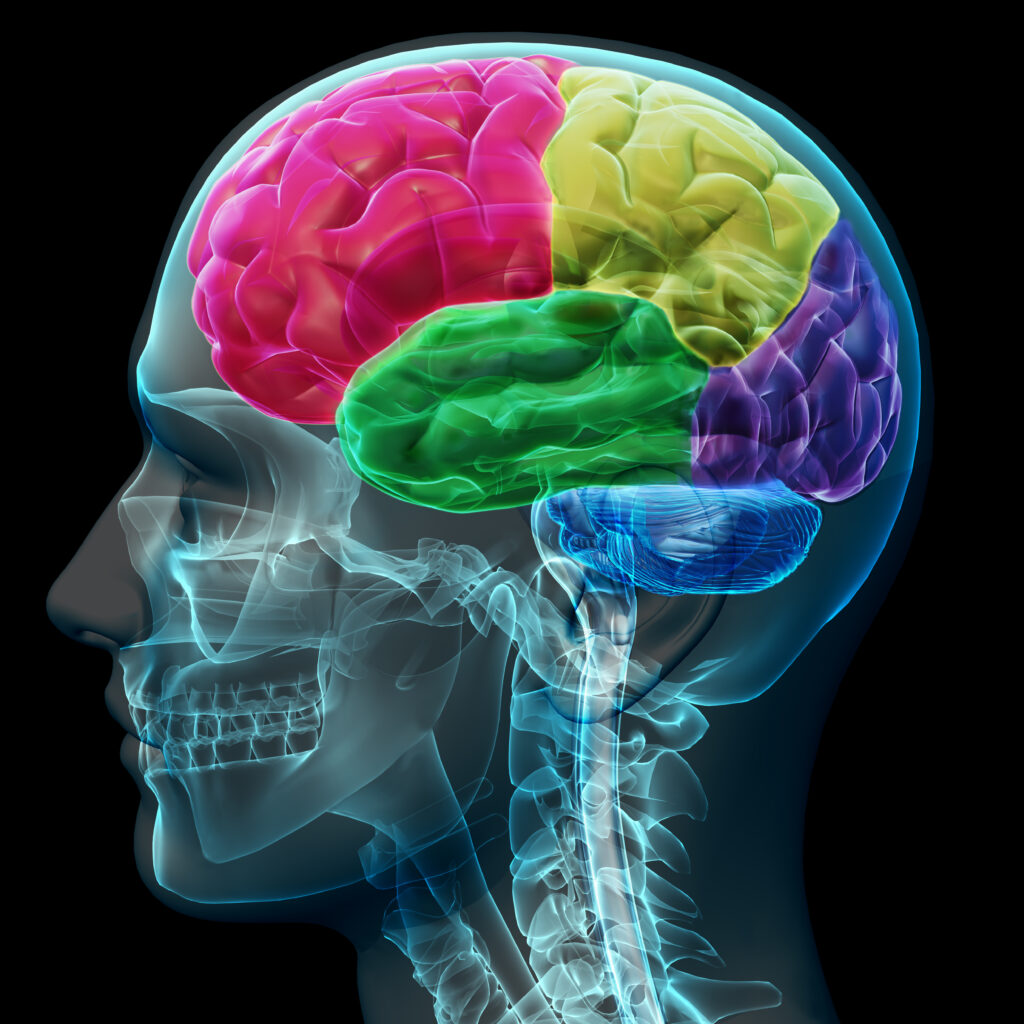Our mindset determines whether we achieve success in what we set out to do. Our conscious and unconscious thoughts have a direct impact on our performance. Also, our choice of words has a significant impact on our ability to improve ourselves. But how can we change our thoughts?
In simple terms, our mindset can be divided into two categories: fixed mindset or growth mindset.
Despite countless studies in neuroscience, some people believe that we are fixed in the abilities and talents we are born with and cannot improve.
Fixed vs. growth mindset
The concept of fixed vs. growth mindset was first introduced by psychologist Carol Dweck in her book “Mindset: The New Psychology of Success.” According to Dweck, a mindset is a set of beliefs and attitudes that shape how we perceive ourselves, our abilities, and the world around us.
In a fixed mindset, individuals believe that their intelligence, talents, and abilities are fixed traits that cannot be changed. They view failure as a reflection of their innate abilities and may feel discouraged or helpless when faced with challenges. These individuals tend to avoid taking risks and may give up easily in the face of adversity. Therefore, if a person is not good at something, they may believe they will never be good at it.
In contrast, individuals with a growth mindset believe that their abilities can be developed and improved through hard work, perseverance, and learning from failure. They see challenges as opportunities for growth and are more likely to take risks and persist in the face of obstacles. A growth mindset is essential if we want to succeed.
The difference between a fixed and growth mindset can have a significant impact on how individuals approach their goals and their overall success. Those with a fixed mindset may be less likely to take on new challenges and may be more susceptible to feelings of anxiety and self-doubt. In contrast, those with a growth mindset tend to be more resilient, adaptable, and better equipped to handle setbacks.
It is worth noting that mindset is not an all-or-nothing concept. People may exhibit fixed or growth mindset tendencies in different areas of their lives or depending on the context. Additionally, a growth mindset is not a guarantee of success, as other factors such as opportunity, resources, and support can also play a role.
However, developing a growth mindset can be beneficial for personal and professional growth. Strategies for cultivating a growth mindset include embracing challenges, seeking out feedback, focusing on effort and improvement, and embracing the power of “yet” (i.e., reframing setbacks as opportunities for growth and learning).
Overall, understanding the difference between a fixed and growth mindset can help individuals to identify their own mindset tendencies and make intentional efforts to cultivate a growth mindset, which can lead to greater resilience, success, and fulfillment in life.
Our fundamental beliefs, whether conscious or unconscious, have a significant impact on what we want and whether we can achieve it.
Much of what we believe we understand about our personality comes from our mindset. How we see ourselves changes everything. If you believe your qualities are unchangeable, you will want to prove to your mind that you are right again and again, as the brain seeks to confirm our ideas about things, rather than learn from our mistakes and grow.
Our ideas about how much effort we should put in and take risks come from our mindset. Some people understand the importance of challenging themselves and put effort into learning and growing, while others prefer to avoid the effort, believing it doesn’t matter.
Growth mindset
Those who adopt a growth mindset understand that setbacks are an essential part of the process and allow them to review their process and do better. This mindset sees “mistakes” as temporary and changeable, and is crucial for learning, resilience, motivation, and good performance.
Those with a growth mindset have the ability to turn current obstacles and setbacks into future success. They see mistakes as a painful experience, but the mistakes don’t define them. It’s a problem that needs to be faced and learned from. The key to improving performance is always to stand with one foot outside of the comfort zone and face challenges.
Those who dedicate themselves to a growth mindset are more likely to:
- Be constantly learning something new
- Believe that intelligence and abilities can be strengthened
- Put more effort into their learning
- Believe that constant practice creates mastery
- See mistakes as temporary obstacles
- Be open to criticism and feedback and see it as an opportunity for growth
- Approach challenges with enthusiasm
- See the success of others as inspiration.

Fixed mindset
A person who has a fixed mindset avoids challenges in life, gives up easily, and feels threatened by the success of others. This is partly because such people do not see intelligence and abilities as something that can be developed, but rather something that you are born with and inherently possess.
Having a fixed mindset can lead to negative thinking. For example, a person with a fixed mindset may fail at a particular task and believe that it is because they are not intelligent enough to perform it. In contrast, a person with a growth mindset may also fail at the same task but believe that it is because they need to invest more time and practice to get better.

Those who dedicate themselves to a fixed mindset are more likely to:
- Believe that abilities and intelligence are immutable and fixed
- Avoid challenges to prevent mistakes
- Ignore feedback from others
- Feel threatened by the success of others
- Hide their flaws to avoid criticism from others
- Believe that there’s no point in making an effort
- Take feedback from others as criticism and attack
- Give up easily.
Can we change our mindset?
Just as each individual can grow and develop their knowledge, they are also capable of changing their brain function and thought patterns.
Research has shown that the brain is capable of forming new neural connections, strengthening existing connections, and increasing speed. This shows us that an individual with a fixed mindset is capable of developing a growth mindset over time.

